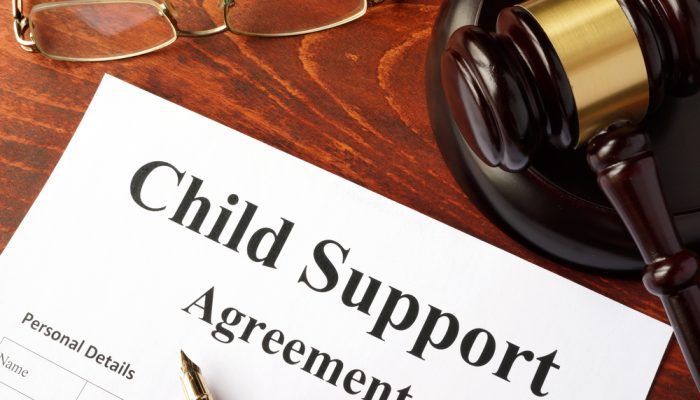SB 1416, which is now Florida Statute 61.08 (Florida’s new alimony statute) signed into law by Governor DeSantis, is Florida’s alimony reform bill passed this year in 2023. This article is about Florida alimony reform 2023 and retirement. Alimony reform has modified the way family courts may consider alimony modification in Florida. Rather than leaving the alimony statute as nebulous and subject to an individual court’s interpretation and/or a hodgepodge of case law, SB 1416 has redefined how retirees paying alimony may be able to obtain relief. Jonathan Jacobs is a Florida alimony attorney with offices in Winter Park/Orlando and Clermont Florida. When you need to speak with an experienced alimony lawyer about how the new alimony reform Florida 2023 may impact you, call 407-335-8113 to schedule a thorough consultation. Have you heard of gray divorce? It can make an impact on alimony and retirement distribution.
Pursuant to Florida’s new alimony statute and its subsections about Florida alimony reform 2023 and retirement, “In reasonable anticipation of retirement, but not more than 6 months before retirement, the obligor [person paying alimony to their former spouse] may file a petition for modification of his or her support, maintenance, or alimony obligation, which shall be effective upon his or her reasonable and voluntary retirement as determined by the court pursuant to the factors in subparagraph 2.” It is important to note that most family law statutes in Florida provide for a number of factors the court may or must consider when ruling on timesharing, alimony or child support. This is what we often refer to as a totality of the circumstances principle. Florida Statute 61.08, Florida’s new alimony statute further provides that: “The court shall give consideration to, and make written findings of fact regarding, the factors in subparagraph 2. and s. 61.08(3) when granting or denying the obligor’s petition for modification; when confirming, reducing, or terminating the obligor’s alimony obligation; and when granting or denying any request for modification, the date of filing of the obligor’s modification petition, or other date post-filing as equity requires, giving due regard and consideration to the changed circumstances or the financial ability of the parties.”
The factors include, but are not limited to the age and health of the payor (remember, this is the person that is ordered to pay spousal support), their industry (line of work), the typical age of retirement in their field (it could be 55, 65, 67 or even higher), the needs of the payee (are they destitute or otherwise financially self-sufficient), all of the assets both parties have accrued before, during and after the marriage, and whether Social Security or other retirement payments allow for their financial stability.
Florida’s new alimony statute, which is Florida’s alimony reform bill 2023 informs us that when it comes to Florida alimony reform 2023 and retirement, a payor may petition 6 months before retirement to try to plan for a reduction of alimony. This is a helpful and important guideline. Call Orlando alimony attorney Jonathan Jacobs for the help you need. Dial 407-335-8113 today.











